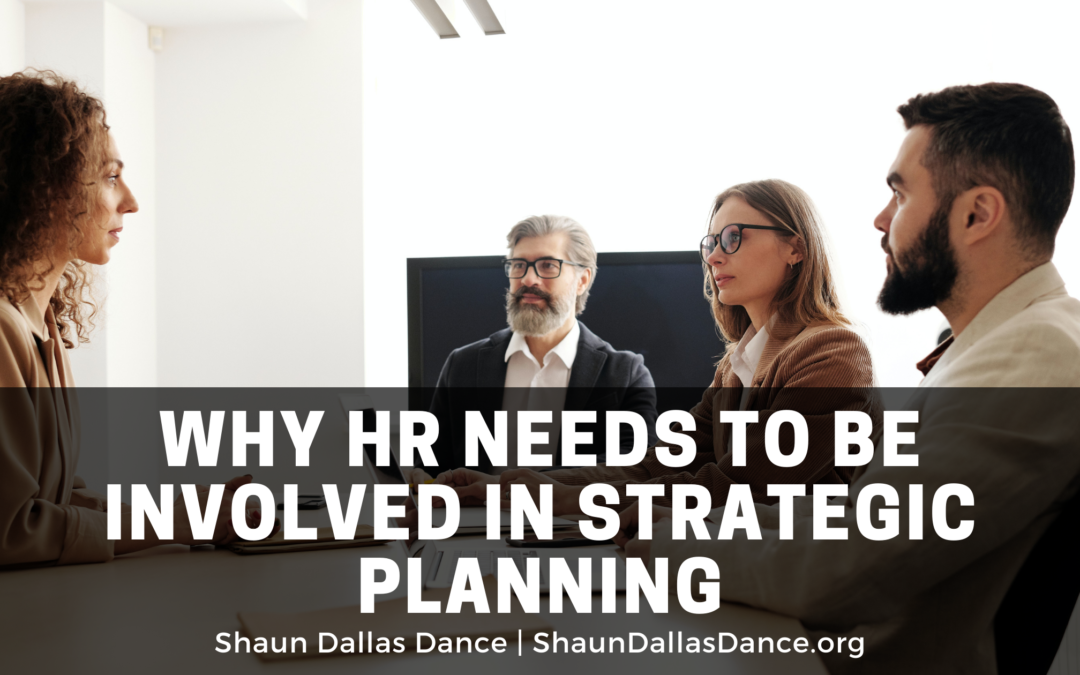When people picture strategic planning, they usually imagine many people in suits sitting around a boardroom table. They hardly ever consider HR showing up to have a say – and yet doing so can vastly increase the success of any given plan.
Business and strategic planning are required when it comes to running an effective business. More than that, the plans must be capable of adaptation as events and environments change. How does HR (Human Resources) play a role in this?
Filling in Roles and Skill Gaps
Skill gaps are a very real and serious problem within every organization. That is to say – a company must always be aware of its weaknesses and what roles are in dire need of filling. Frequently, that means they are looking for talent with specific skills or knowledge to fill those gaps.
Here is where HR comes in. If HR is unaware of these skill gaps – or their role in strategic planning – they will never be able to appropriately hire the company. The two go hand and hand here, as it is HR’s role to handle recruitment.
Employee Satisfaction and Morale
Besides handling recruitment, HR is responsible for employee satisfaction and morale. They are the ones that handle onboarding, training, promotions, pay rates, and monitoring for employee engagement and satisfaction.
All of which means that HR must be up-to-date in company goals and structures. A human resources department that is thoroughly trained and integrated will have more success than one that is tucked off to the side and rarely involved.
Preventing Mistakes
Conversely, HR’s presence during strategic planning can help prevent significant mistakes from being made. Remember, HR is primarily about the people within the company – they understand staffing needs and requirements, among other things.
As such, HR can prevent disastrous decisions. Such as calling for more hours than a team can feasibly achieve or forcing a move that’ll limit employment. Yet another thing to keep in mind when it comes to making changes within a company’s infrastructure.
Vital Information
Finally, let us not forget that HR contains vital information about the company: the people. They know the numbers, available hours, payroll options, and even schedule vacations. All of which may have a direct impact on future plans.

